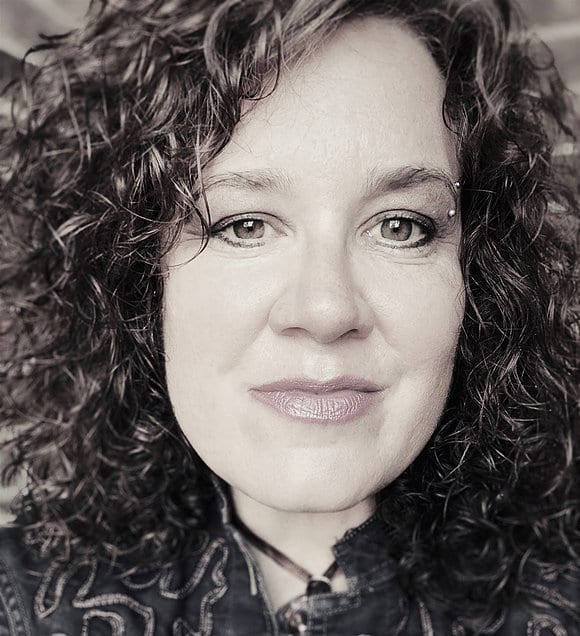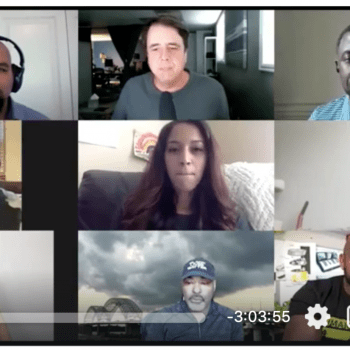My Relief Society Lesson for tomorrow.
Taken from Elder M Russell Ballard’s talk: Be Anxiously Engaged.
Verily I say, women should be anxiously engaged in a good cause, and do many things of their own free will, and bring to pass much righteousness; for the power is in them… Doctrine & Covenants 58: 27-28
My favorite quotes from the lesson:
Though seemingly insignificant when compared to the total, each bee’s one-twelfth is vital to the life of the hive. The bees depend on each other. Work that would be overwhelming for a few bees to do becomes lighter because all of the bees faithfully do their part.
Imagine what good we can do in the world if we all join together, united as followers of Christ, anxiously and busily responding to the needs of others and serving those around us – our families, our friends, our neighbors, our fellow citizens.
Service is the very definition of pure religion.
I’m not encouraging religious zealotry or fanaticism. I’m simply suggesting we take the next logical step in our complete conversion to the gospel of Christ by assimilating its doctrines deep within our hearts and souls…
President Kimball said: “God does notice us, and he watches over us. But it is usually through another person that he meets our needs.”
Questions to Ask Ourselves:
In what context is the word “anxiously” being used in this lesson’s title? The dictionary says a colloquial use of the word used to be “eager.” It implies that the subject so strongly desires a certain outcome that frustration of that desire will lead to unhappiness. How does this definition apply to me?
Ballard speaks of the bees work ethic as an “obsession imprinted into their genetic makeup by our Creator.” What does this tell us about ourselves? What are we programmed for? What does this have to do with our divine heritage or how we perceive ourselves in relationship with ongoing progress/change?
Why do you think Ballard found it necessary to remind us to not apply this lesson in a “zealous” or “fanatic” way? Could this have to do with making sure my service for others is balanced with my own self-care? Or that I need not apply inappropriate guilt when so many things in the world around me go undone or seem insurmountable?
Am I aware that one of the suggestions given by mental health professionals to clients who are depressed is to go and get involved in volunteer work? In the church we have ample formal opportunity for volunteer work via callings and other church responsibilities. In fact, sometimes members can feel overwhelmed by the amount of time they spend serving if they are unable to create appropriate boundaries. How do I create the balance between serving in the church in a way that not only helps others, but helps me – without crossing the line into getting burned out?
Do I give myself credit for the small ways I serve others every day? Cooking a meal, offering a smile, staying patient in a frustrating situation, reading a book to a child, making a phone call, etc. Or do I make the mistake to think that service need be grand in stature for it to count?
Am I using anything in this lesson against myself inappropriately? Am I walking away from this lesson feeling better about myself, healthily challenged and rejuvenated for the week to come?
Please feel free to leave comments on how this talk affected you. What insights did you have while listening to or reading it? What am I missing that should be highlighted?











